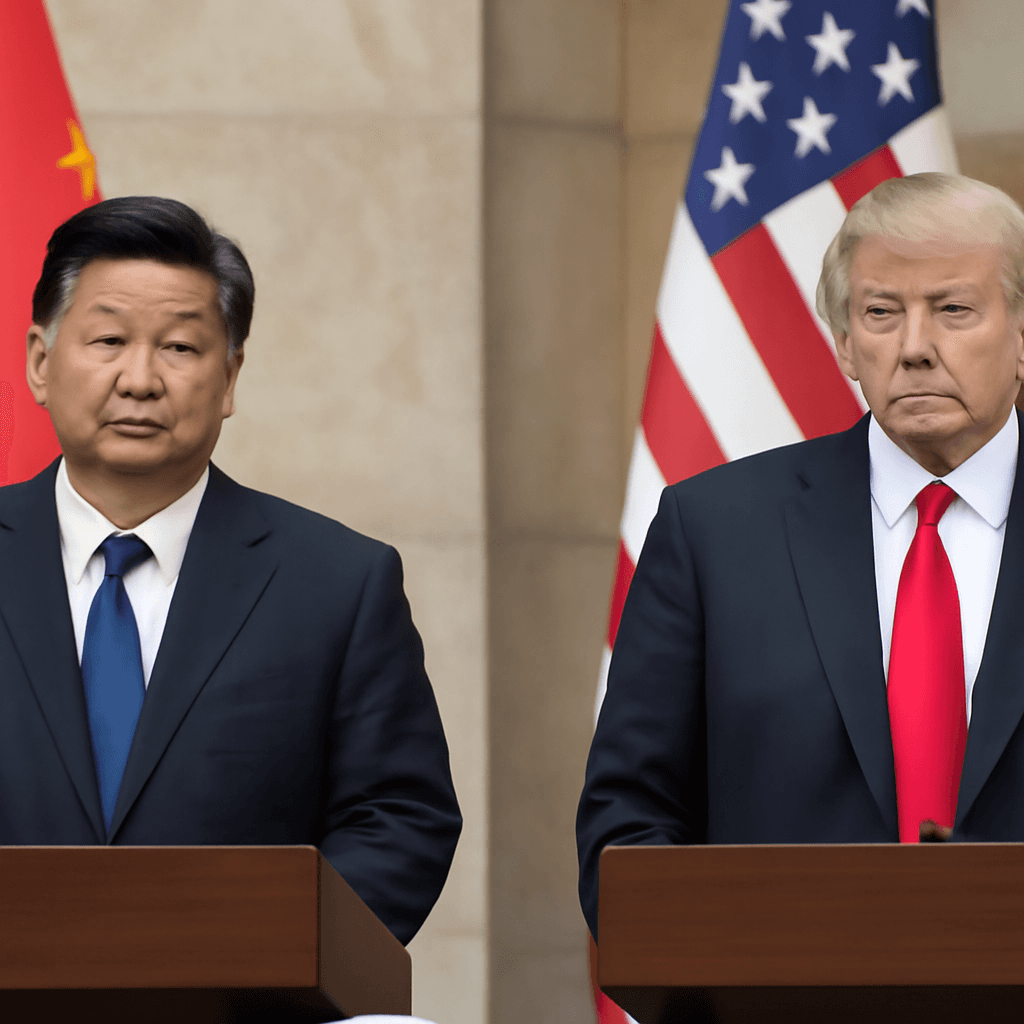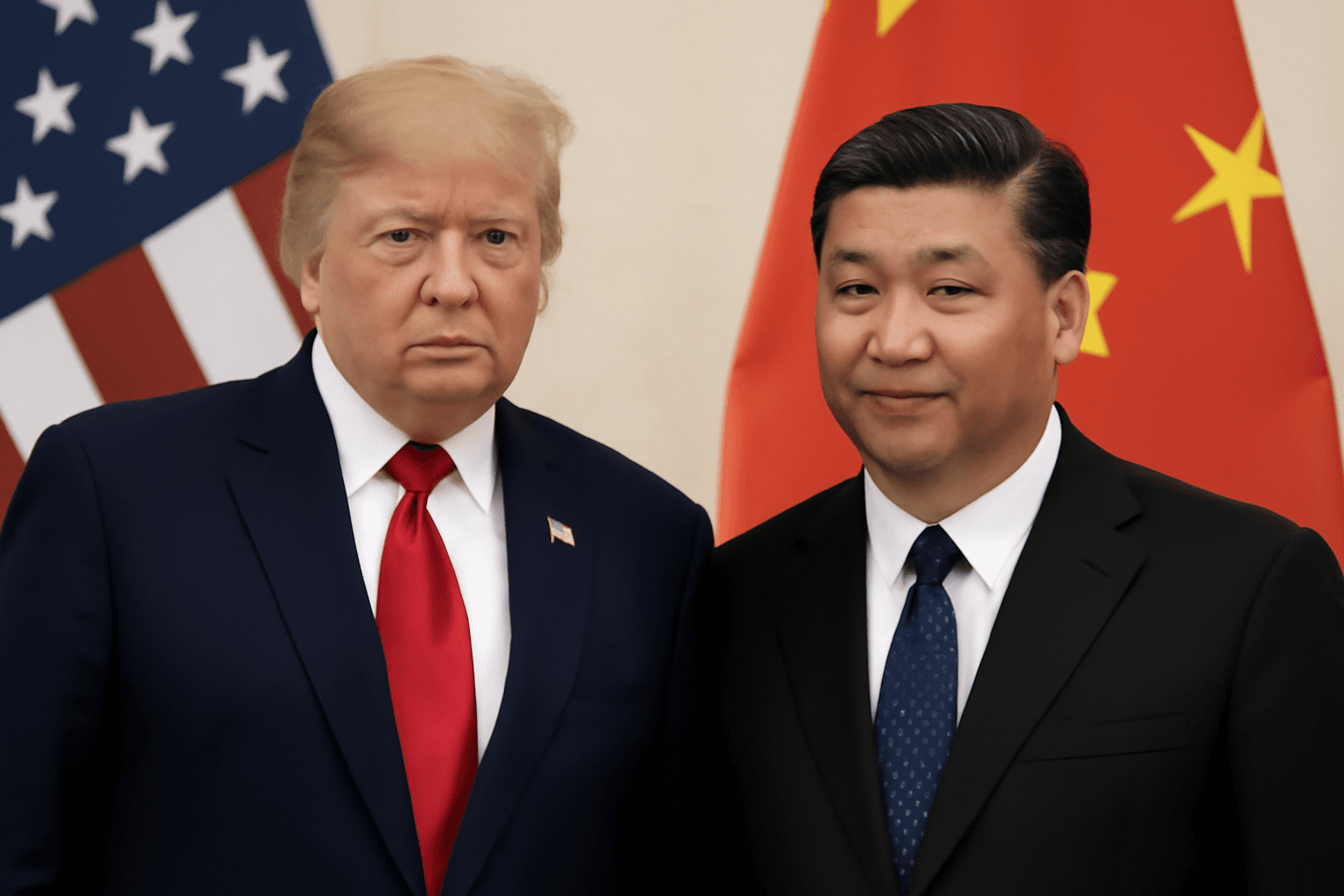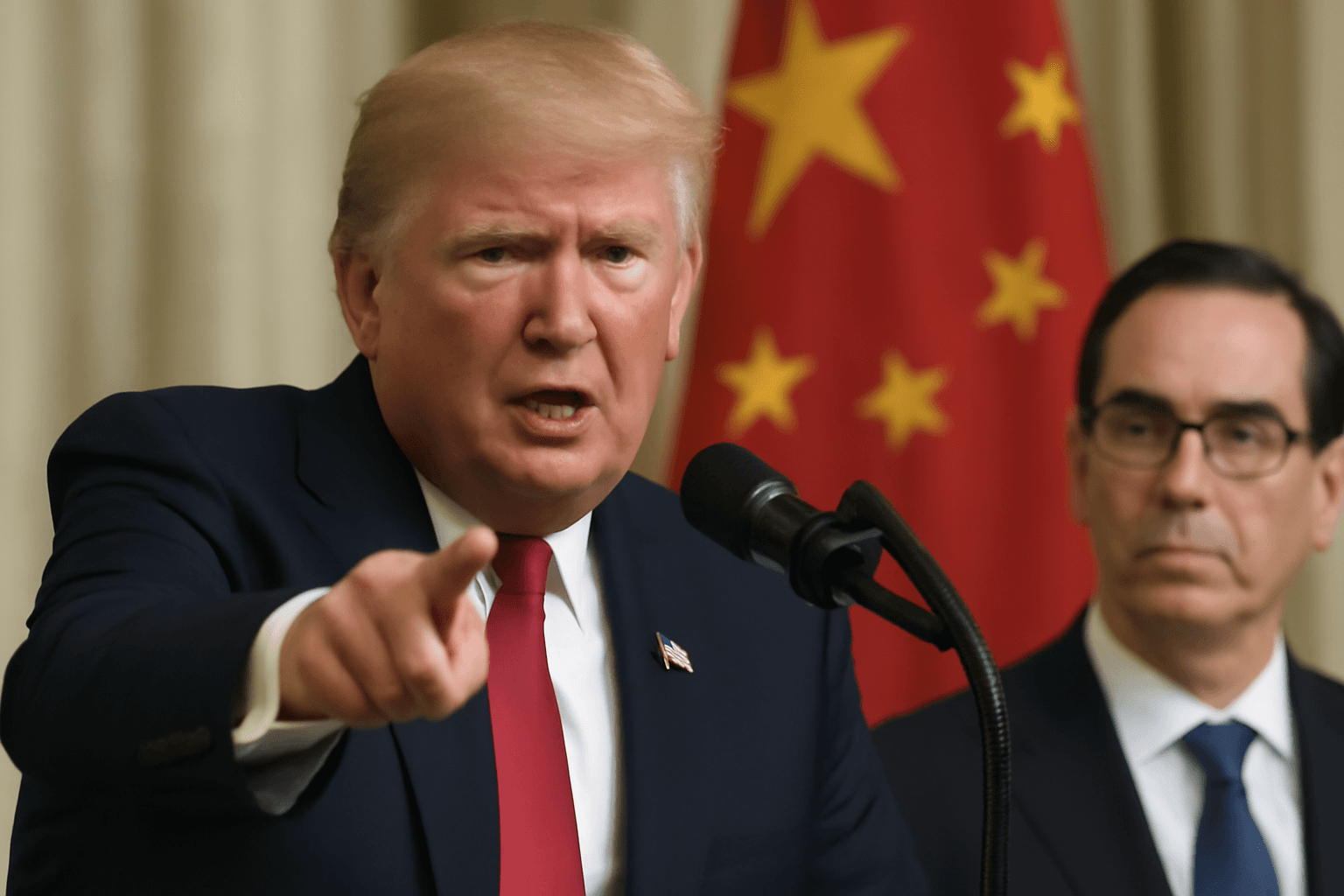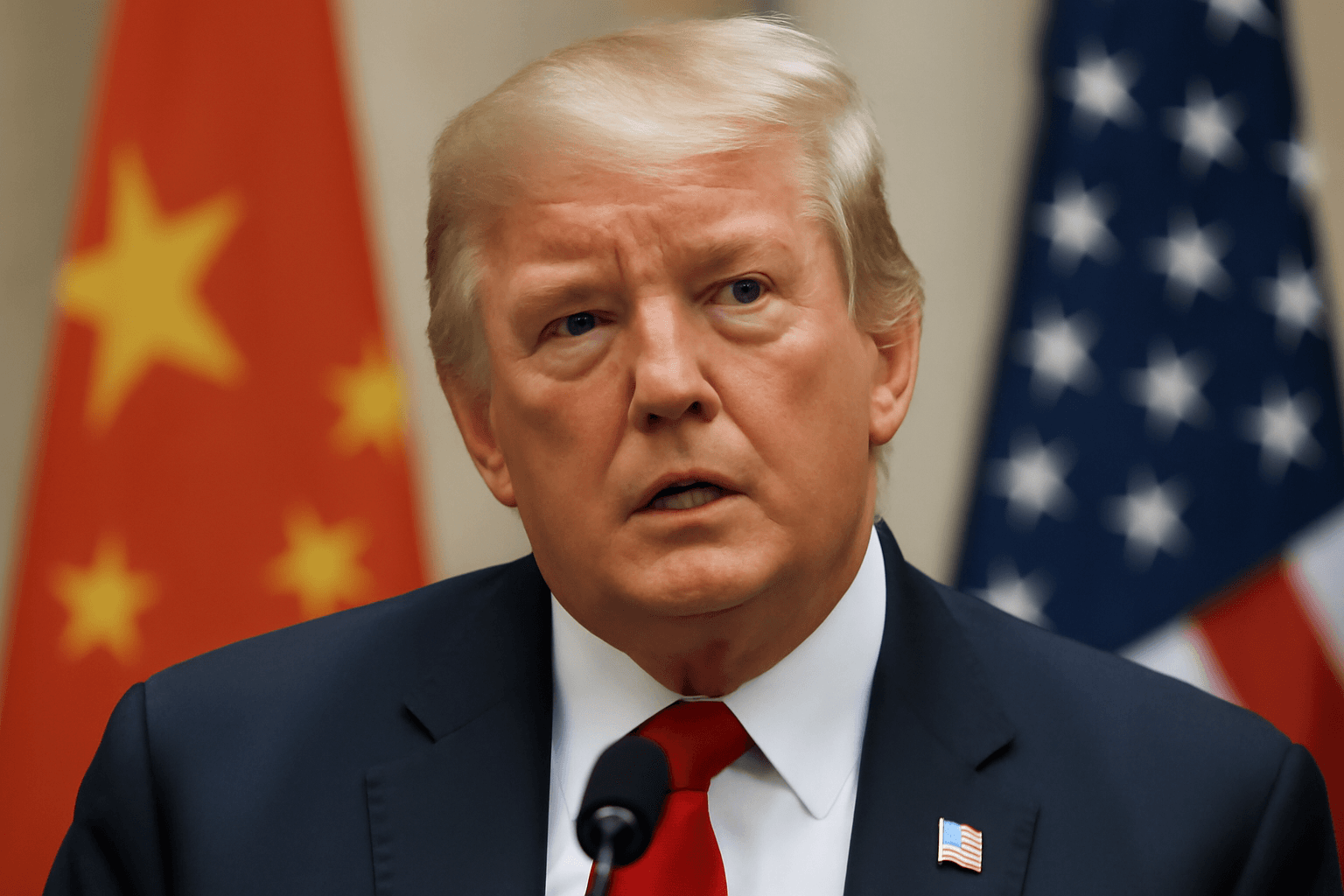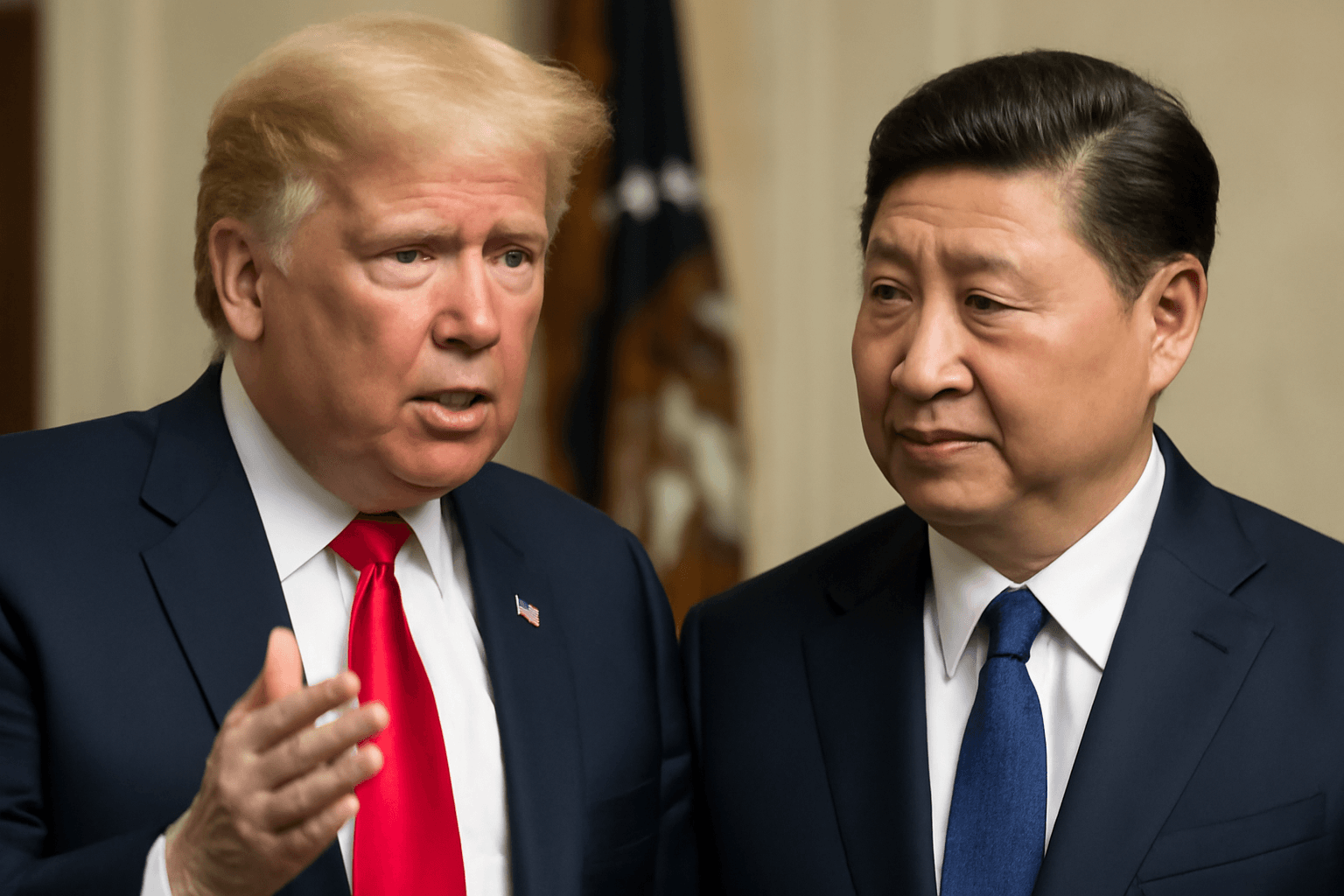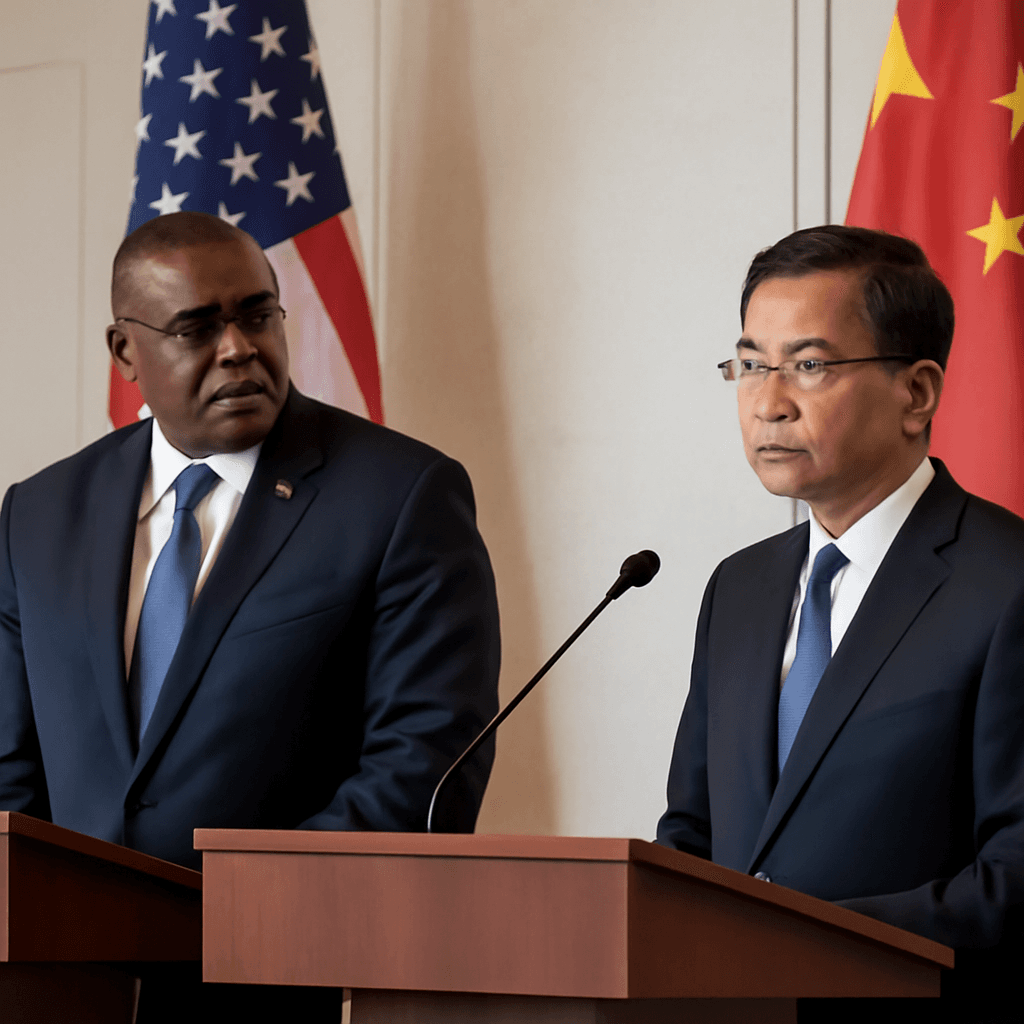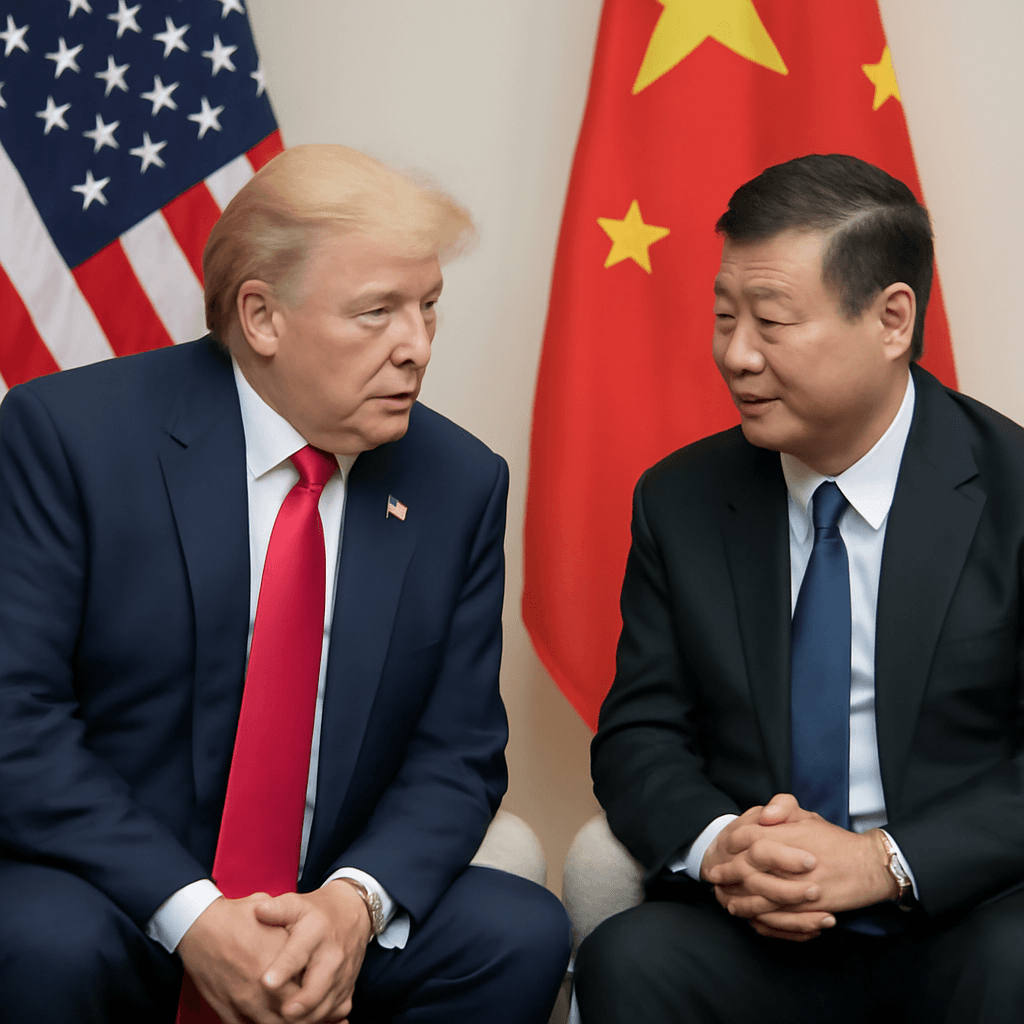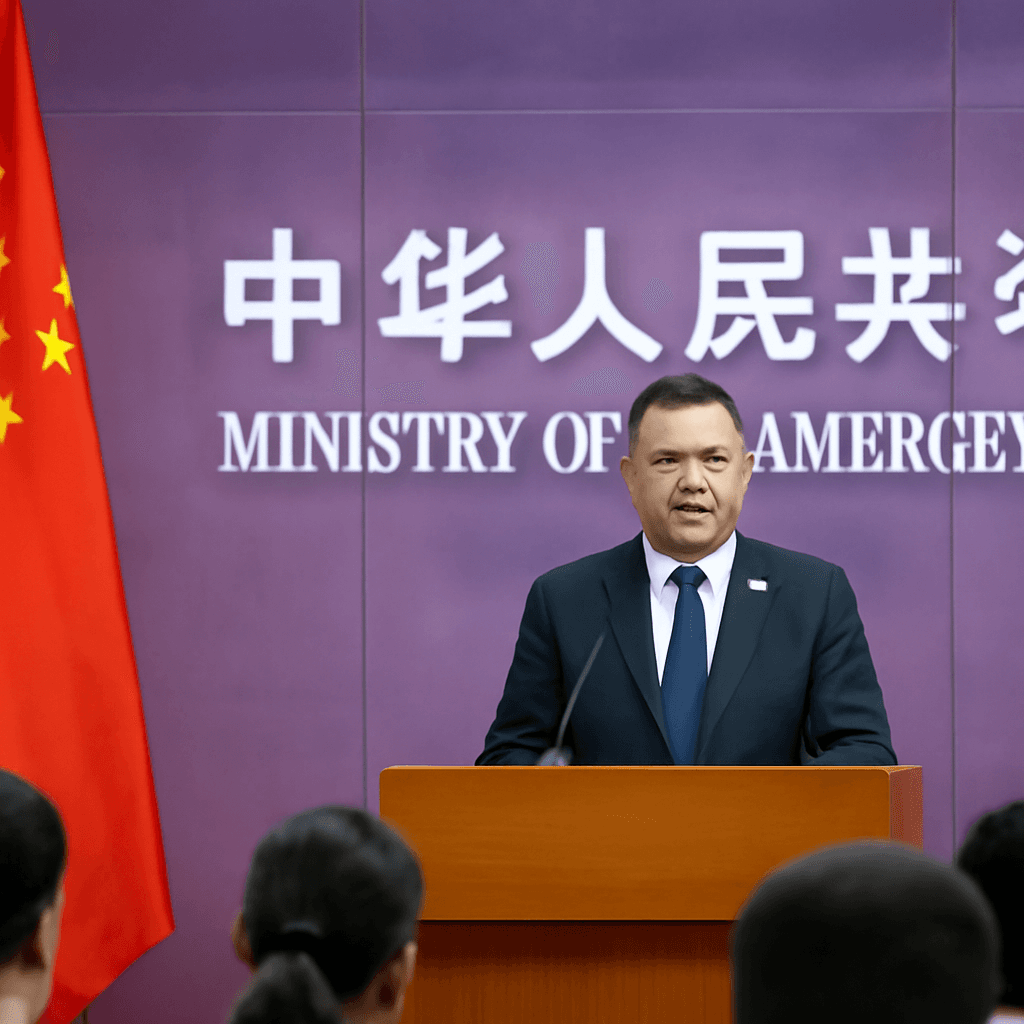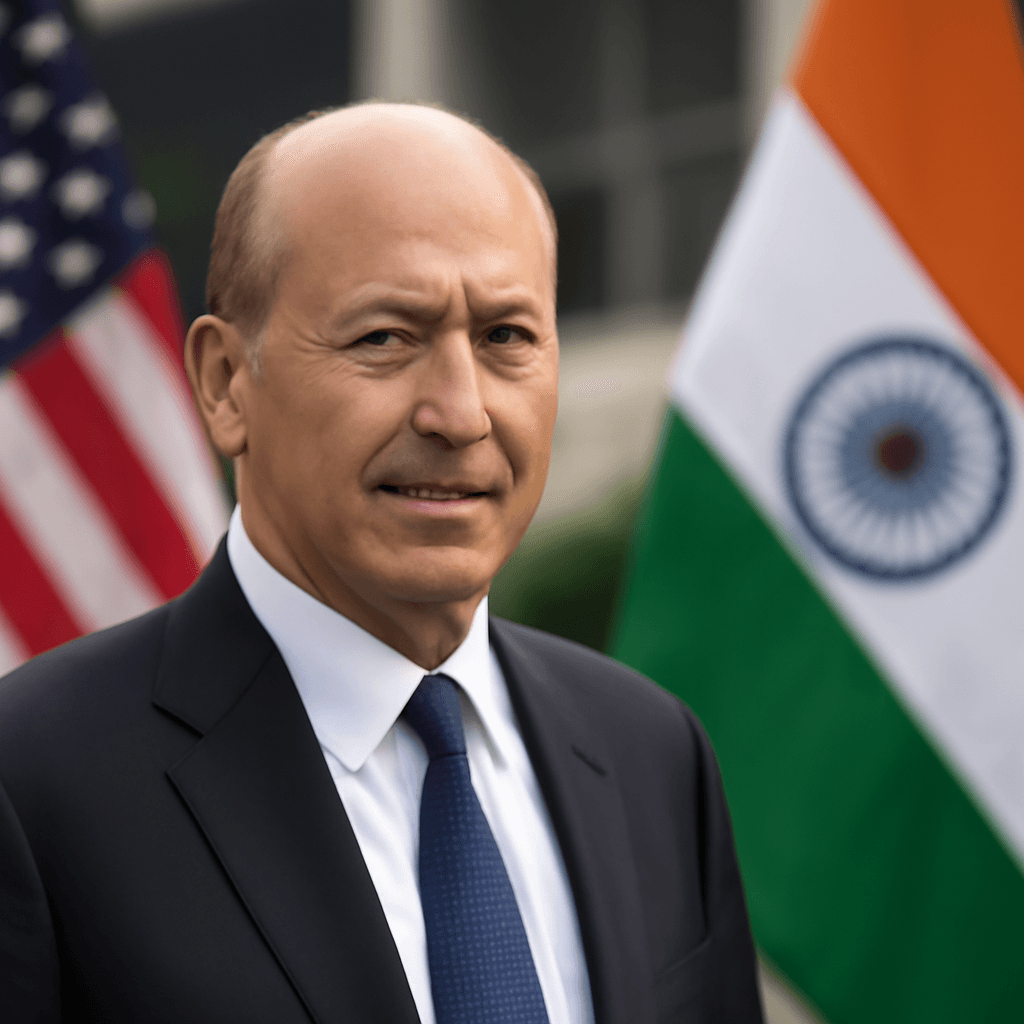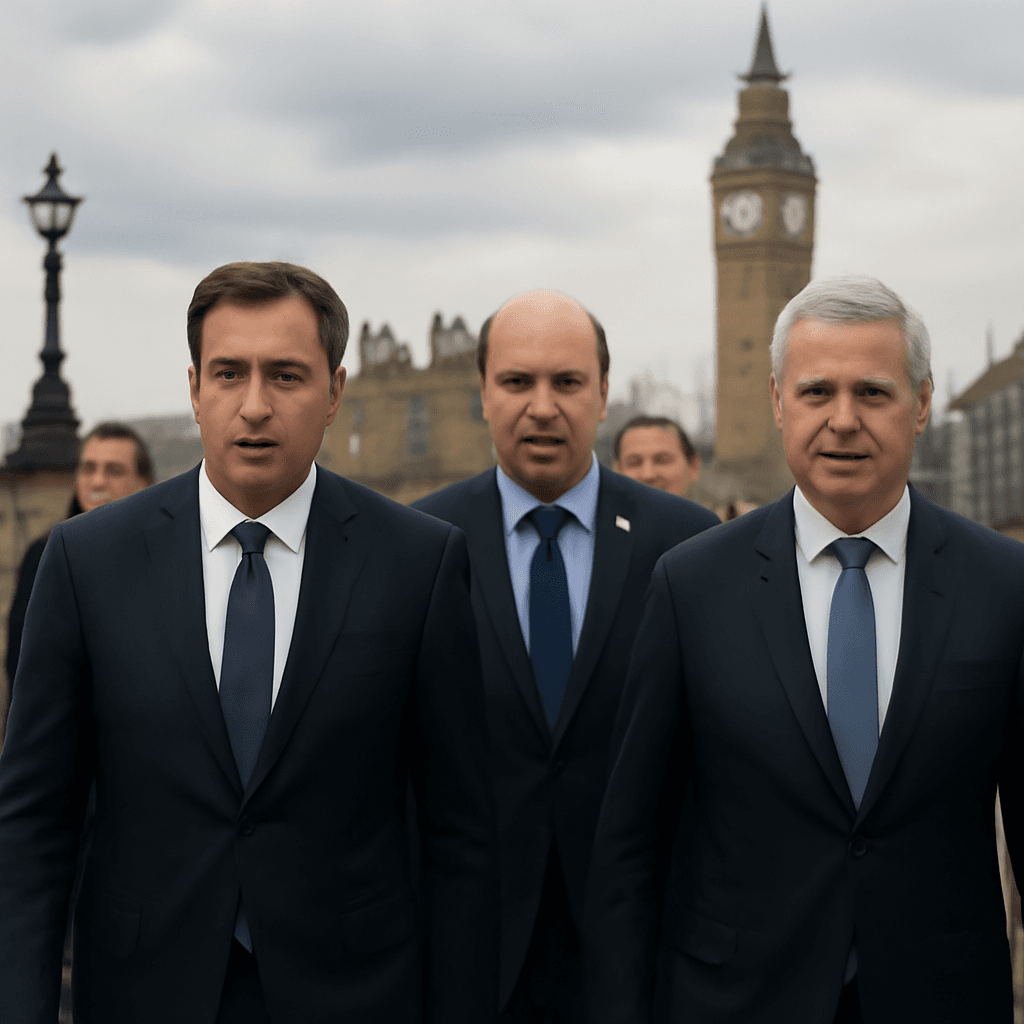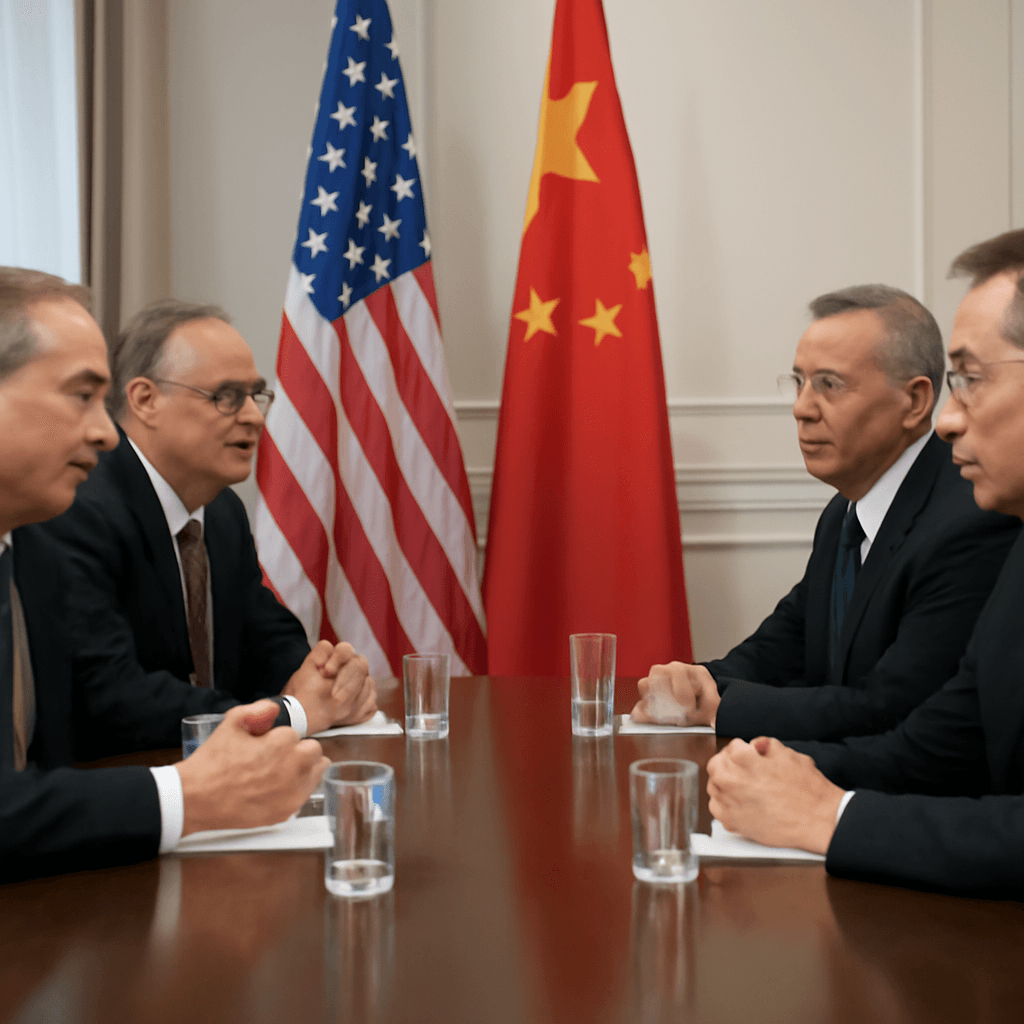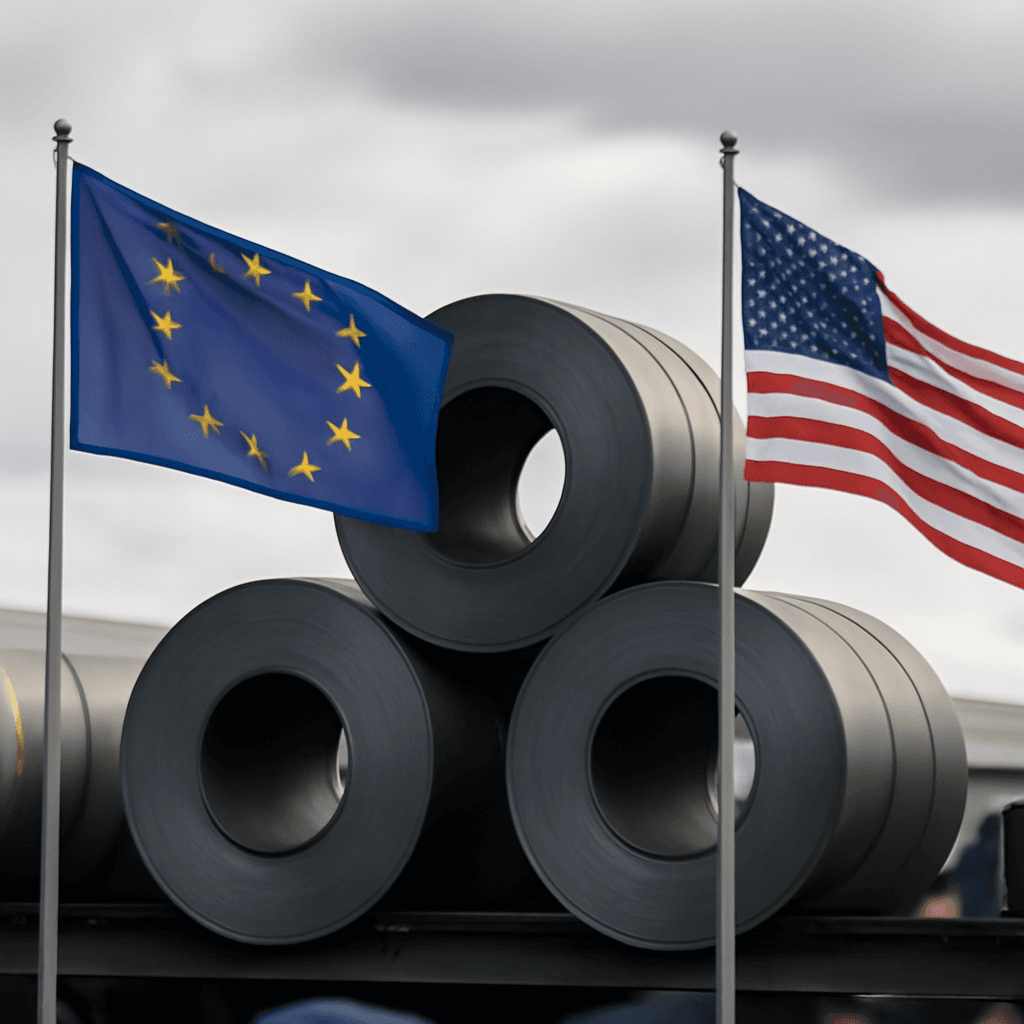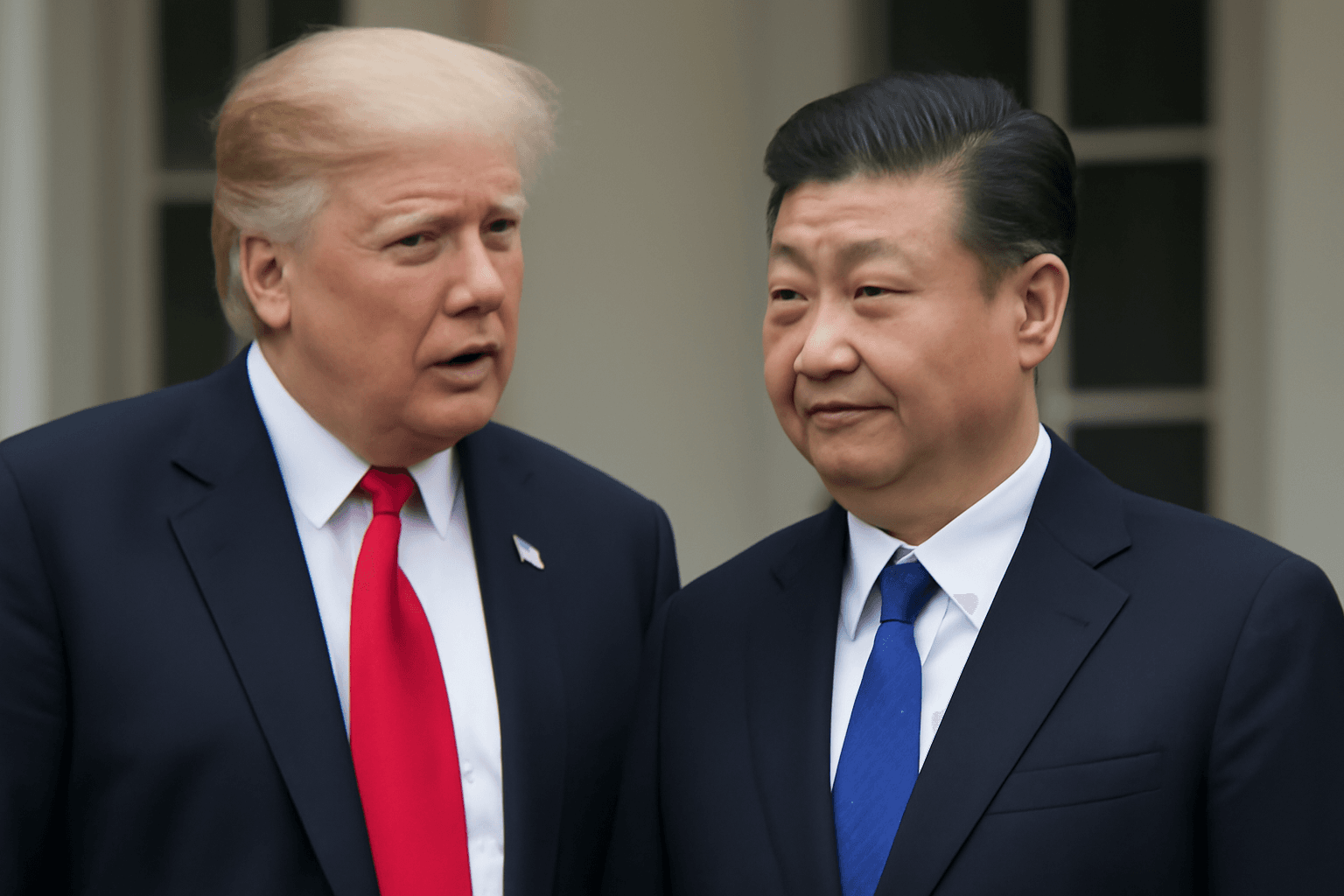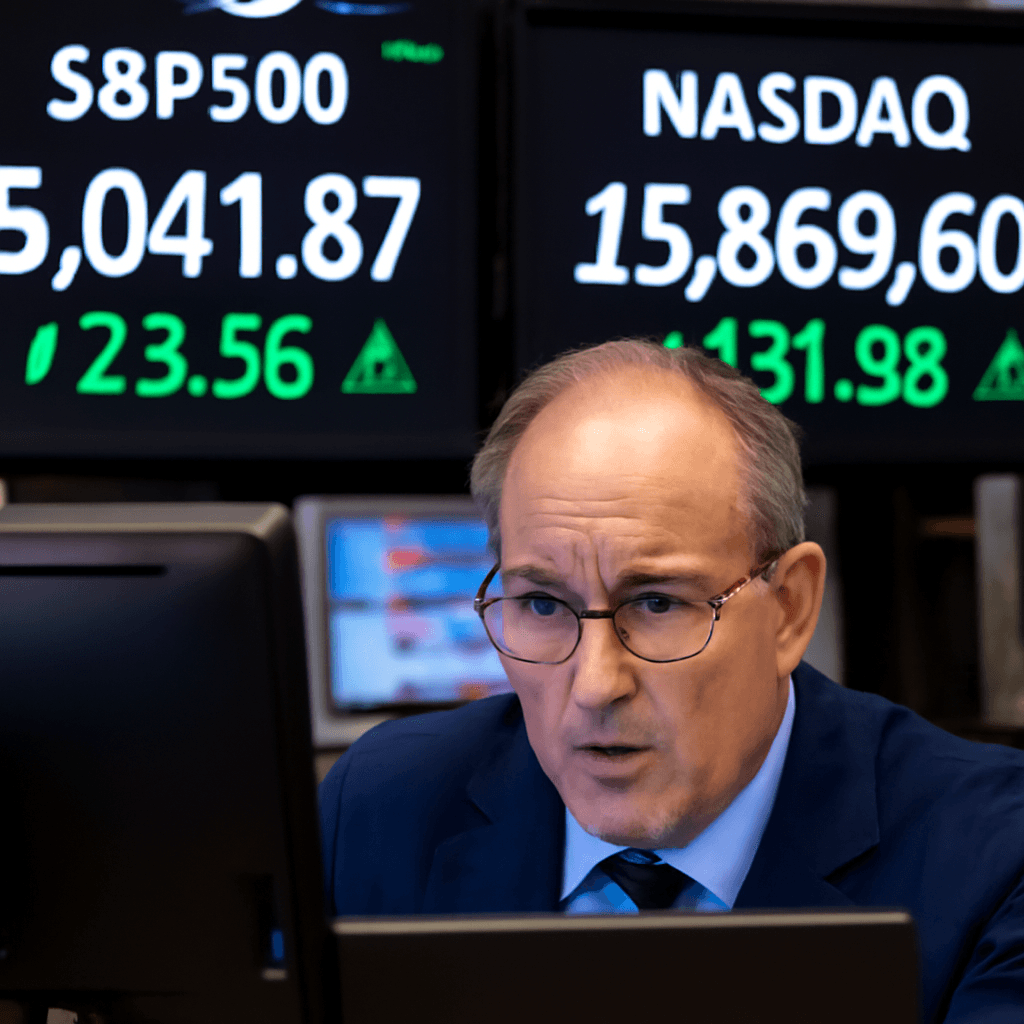China Accuses US of Breaching Trade Agreement
On June 2, 2025, China officially condemned the United States for what it described as a “severe violation” of the trade truce established in May. The accusation came amidst escalating tensions over tariffs and trade policies between the two largest global economies.
The Ministry of Commerce in Beijing stated that recent US actions seriously undermined the accord reached during talks in Geneva, where both countries had agreed to mutually reduce tariffs. Additionally, Beijing cited breaches of consensus established during a January phone conversation between President Xi Jinping and former US President Donald Trump.
Details on Tariff Adjustments and Disputes
In the original agreement, the US had agreed to cut tariffs on Chinese imports from 145% to 30%, while China lowered its tariffs on American goods from 125% to 10%. However, China alleges the US has failed to uphold its commitments by taking measures that violate the spirit and terms of the deal.
- Restrictions on the sale of chip design software to Chinese companies
- Advisories discouraging the use of Huawei-manufactured chips
- Cancellations of visas issued to Chinese students
These moves have strained trade relations and prompted China to promise firm countermeasures to protect its interests.
US Perspective and Upcoming Talks
US leadership maintains the view that China has not fulfilled its part of the agreement, particularly regarding the removal of non-tariff barriers. While former President Trump publicly accused China of total non-compliance with unspecified details, US Trade Representative officials have highlighted obstacles created by China that hinder fair trade.
Despite current frictions, high-level dialogue appears imminent. Treasury Secretary Bessent and National Economic Council Director Kevin Hassett have signaled readiness from both sides for upcoming discussions between Presidents Xi and Trump, although no official schedule has been established.
Broader Trade Strategy and Challenges
The Trump administration has been expanding trade negotiations beyond China, engaging with other major economic partners including India, Japan, and the European Union. Concurrently, plans were announced to sharply increase tariffs on steel and aluminum imports up to 50%, intended to reinforce domestic industry and reduce reliance on Chinese suppliers.
The tenuous nature of the existing trade truce underlines the complexity of forging a durable agreement amid geopolitical tensions and economic competition.

